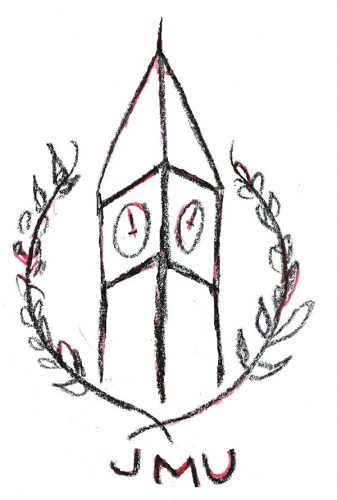By Pamela C. Nogales
 The class entitled “Radical Demands for Land and Freedom in New York (1829-1848),” and led by Pamela C. Nogales, will focus on the politically significant common ground between a section of labor reformers and political abolitionists in New York on questions of land and freedom for all citizens—regardless of their race.
The class entitled “Radical Demands for Land and Freedom in New York (1829-1848),” and led by Pamela C. Nogales, will focus on the politically significant common ground between a section of labor reformers and political abolitionists in New York on questions of land and freedom for all citizens—regardless of their race.
Scholars have insisted that racial biases prevented any meaningful support for abolitionism by laborers. While these scholars have drawn attention to the pervasive racial ideology dividing workers in the nineteenth century, their work has failed to adequately examine the content of political disagreements—and acknowledge the agreements—between radical laborers and abolitionists. The class will feature excerpts from the personal papers, public lectures, and newspapers produced by members of these social movements to show their common concern over the transformation of labor and access to land. By the 1840s, both groups shared a commitment to land reform as a necessary condition for republican citizenship.
This class traces how radical reform traditions—“Paineite” (after Thomas Paine) and abolitionist—were fundamentally transformed by the outbreak of the Mexican-American War in 1846. In the lead-up to this conflict, Northern reformers were pushed to develop innovative political and social organizations in an effort to break the pattern of compromise with the slave South. Paineites aligned themselves with the American radical tradition when using the language of republican liberty to demand better conditions for labor. In both Philadelphia and New York City, their fight for the ten-hour workday led to organizational innovations, including the formation of Citywide labor unions and the first labor parties in the world. Within the span of their short-lived political experiments, arguments on the pages of their pamphlets and newspapers show a growing awareness of labor’s role in society and its disadvantaged position in a growing economy. In this period, circles of agrarian radicals and abolitionist networks organized—sometimes in tandem—to form a Northern cross-class opposition to slavery.
“Radical Demands for Land and Freedom in New York, 1829–1848” meets Saturdays, on February 4th, 11th, 18th, and 25th and on March 4th, from 3:00pm to 4:30pm. Advance registration is required in-person or online starting Saturday, January 28th!
Nogales’ dissertation “Reform in the Age of Capital: The Transatlantic Roots of Radical Political Thought in the United States, 1828–1877” focuses on the intellectual and social history of American reform, specifically on the political contributions made by European immigrants in the nineteenth century, which she argues, make up the backbone of the American reform tradition.
These immigrants were transatlantic reformers who wanted to finish the revolutions of the seventeenth and eighteenth centuries and realize their promises of liberty and social equality. The dissertation traces the transformation of this bourgeois radical tradition as interpreted in working people’s organizations, and the contributions by worker intellectuals and middle-class reformers under the changed conditions of an industrializing nation.
Pamela C. Nogales is an adjunct instructor at the Pratt Institute and a doctoral candidate at New York University. She has led two lecture series at the NYPL: “Reconstruction: ‘America’s Unfinished Revolution,’ 150 Years Later” and “Reform in the Age of Capital: Radical Political Thought in the United States, 1828–1877.”


